Down syndrome is one of the most commonly misunderstood genetic conditions. Despite medical advancements and greater awareness, misconceptions about Down syndrome persist, leading to stigma, exclusion, and discrimination.
This article aims to debunk common myths, provide factual insights, and highlight the capabilities of individuals with this condition. By fostering understanding, and imparting the right knowledge we feel we can create a more inclusive and supportive society.
Table of Contents
What is Down Syndrome?
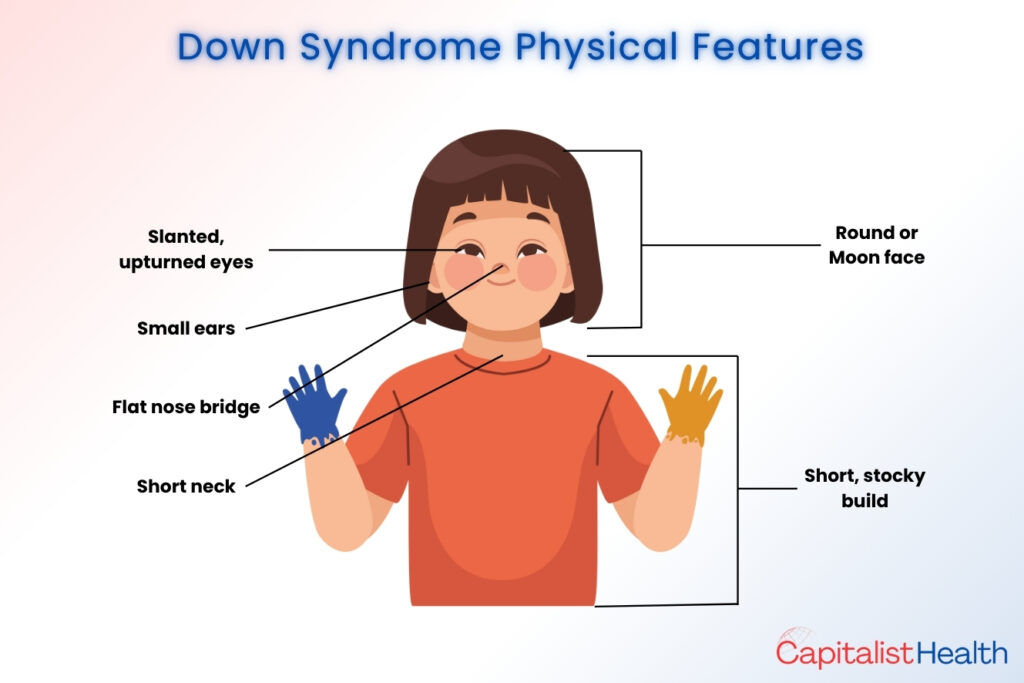
This condition is a genetic condition that occurs when a person has an extra chromosome, specifically an extra copy of chromosome 21. This additional genetic material affects development and may lead to certain physical traits and cognitive differences. However, every individual with Down syndrome is unique, with distinct strengths, abilities, and challenges.
While the medical explanation of this condition is straightforward, social misconceptions often overshadow the realities of living with the condition. These myths contribute to unnecessary barriers that individuals with this condition and their families face daily.
Debunking Myths: Separating Fact from Fiction
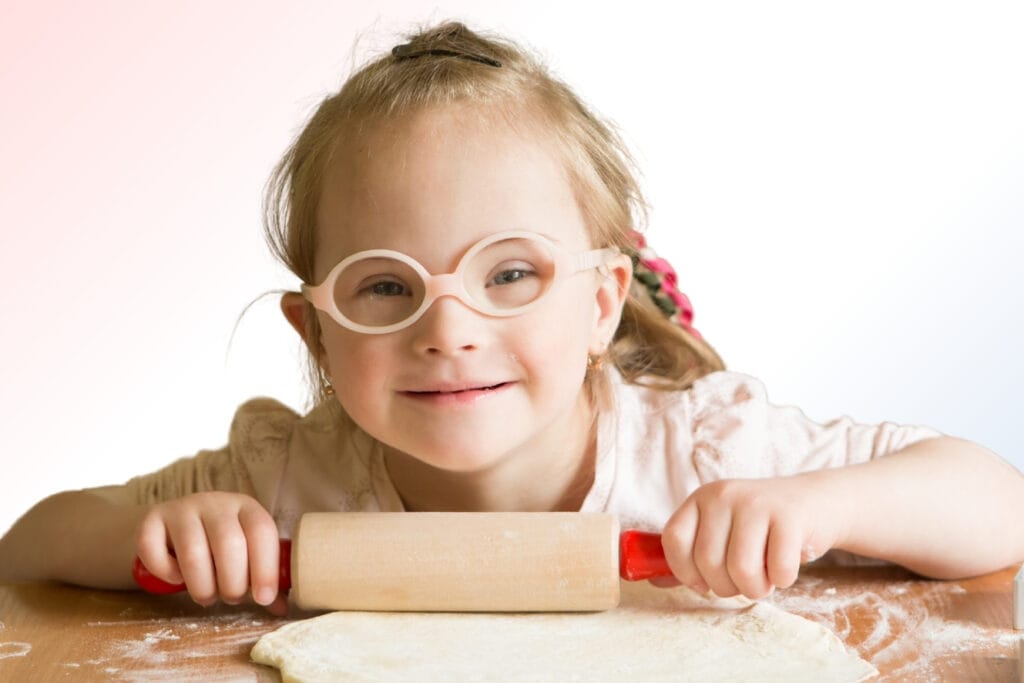
Misinformation about Down syndrome has been around for decades, creating unnecessary challenges for individuals with the condition and their families. These myths lead to societal exclusion, misunderstandings, and limited opportunities. By addressing and correcting these misconceptions, we can work towards a world that is more accepting and inclusive of people with Down syndrome.
✅ General Myths About Down Syndrome:
Below are some of the most common myths and the truths behind them.
| Myth | Fact |
| Down syndrome is rare. | Approximately 1 in 700 babies across the world are born with this condition. |
| Approximately 1 in 700 babies across the world are born with Down syndrome. | Learning abilities vary widely, just like in the general population. With proper education and support, many individuals thrive academically and socially. |
| Down syndrome is a disease. | It is a genetic condition, not a disease, and it is not contagious. |
| People with this condition are always happy. | Individuals with with this condition experience a full range of emotions, just like everyone else. |
| They cannot live independently. | Many individuals with this condition, with the right support, can lead semi-independent or independent lives. |

✅ Myths About Down Syndrome Before Birth:
The struggle against pervasive myths surrounding Down syndrome begins even before a child is born. These misconceptions can shape perceptions and attitudes, often leading to misinformation and stigma. Below, we address some common myths associated with Down syndrome, along with the corresponding facts that help clarify the realities of this genetic condition:
| Myth | Fact |
| with this condition specifically occurs in children born to older parents. | Although maternal age is a risk factor, Down syndrome can occur in babies born to parents of any age. |
| It is always inherited. | Most cases are random genetic occurrences and are not inherited. |
| No scientific evidence links Down syndrome to lifestyle habits, diet, or environmental factors. | There is no scientific evidence linking Down syndrome to lifestyle habits, diet, or environmental factors. |
| Lifestyle choices cause this condition. | There are three types of Down syndrome: Trisomy 21 (95% of cases), Translocation, and Mosaicism. Each case is unique. |
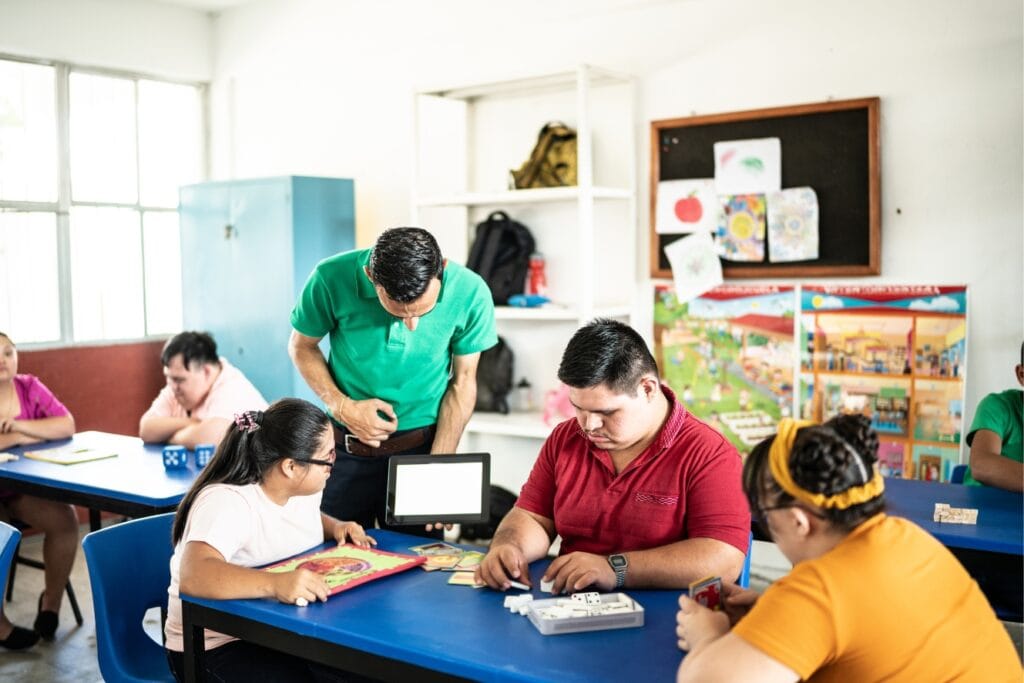
✅ Myths About Children with Down Syndrome:
When it comes to children affected by this condition, these stereotypes can lead to misunderstandings and stigma, impacting how society views and interacts with these children. Here’s a closer look at some prevalent myths and the truths that counter them.
| Myth | Fact |
| Children with this condition have limited intelligence. | Intelligence levels vary; many excel in academics, sports, and the arts with the right support. |
| They cannot form meaningful relationships. | Many children with this condition develop strong social skills and form deep emotional bonds. |
| They cannot participate in activities. | Many children engage in sports, arts, and community programs, showing remarkable talents. |
| Always happy or cheerful. | While many display a joyful demeanour, they also experience a full range of emotions, just like any other child. |
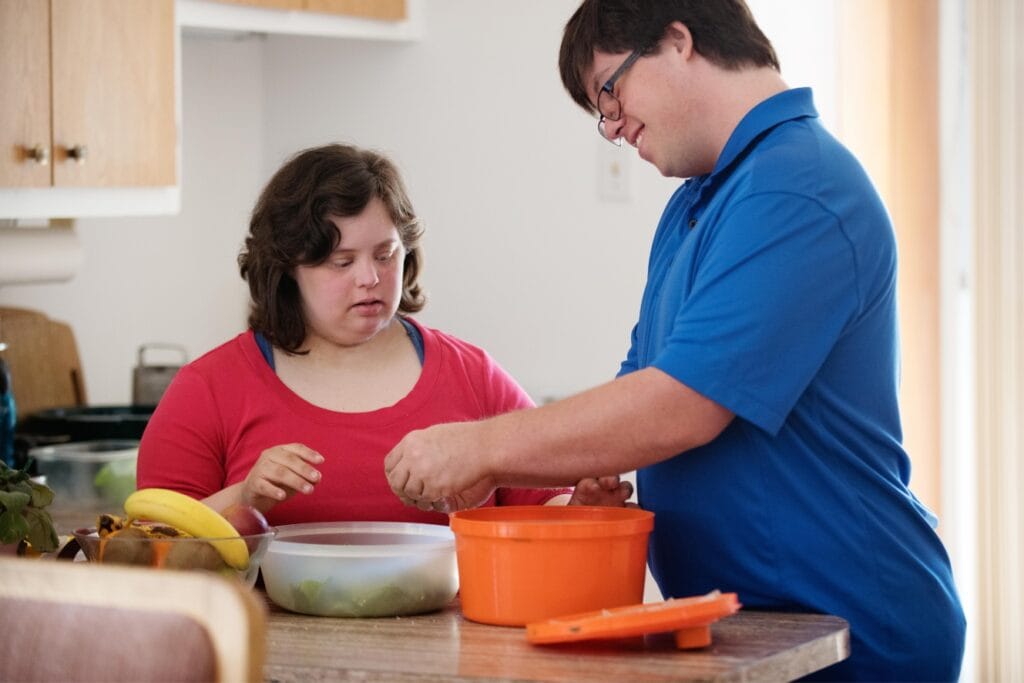
✅ Myths About Teenagers and Adults with Down Syndrome:
As individuals with Down syndrome grow into their teenage years and adulthood, they often face a host of stereotypes and misconceptions that can limit their opportunities and potential. Let’s explore the truths about Down syndrome in teenagers and adults.
| Myth | Fact |
| They cannot hold jobs or contribute to society. | Many adults with this condition work in offices, retail, restaurants, and more, demonstrating high levels of competence. |
| They cannot experience romantic relationships. | Many form meaningful relationships, date, and even marry. |
| They all have behavioral problems. | Behavioral traits vary just like in the general population. Many individuals with Down syndrome exhibit strong social and emotional skills. |
| They lack ambition or goals. | Many have dreams and aspirations and work towards achieving them, including further education and career paths. |
Impact of Stereotypes on Individuals with Down Syndrome

Stereotypes surrounding this condition deeply affect the lives of those with the condition, leading to social stigma that results in exclusion, discrimination, and negative perceptions. Negative stereotypes and misinformation create barriers that affect the self-esteem, social inclusion, and opportunities available to individuals with Down syndrome. Social stigma leads to exclusion from educational and employment opportunities, further reinforcing misconceptions.
- Emotional Impact: The constant struggle against stigma can lead to feelings of isolation and anxiety.
- Family Challenges: Families often face discrimination, lack of understanding, and stress due to societal attitudes.
- Mental Health Risks: Studies indicate that up to 40% of individuals with this condition experience mental health challenges, including anxiety and depression.
Challenging stereotypes and promoting inclusion can dramatically improve the quality of life for individuals with this condition and their families.
How Can We Support Individuals with Down Syndrome?
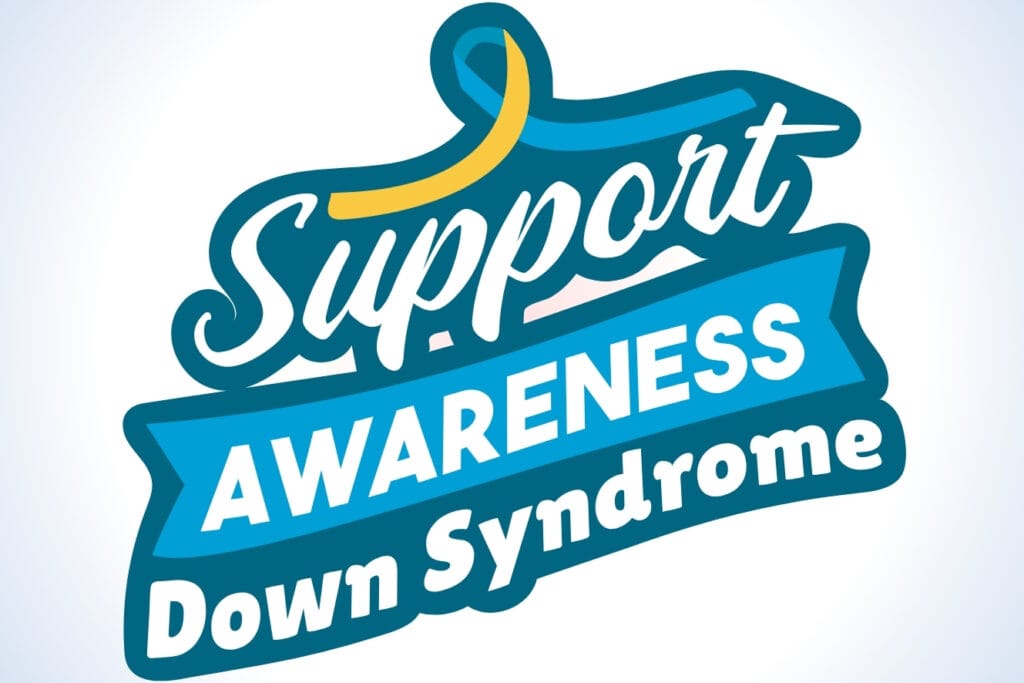
Creating a welcoming community for individuals with this condition starts with understanding and breaking down stereotypes. Education is our superpower! By sharing accurate information with our family, friends, and community, we can challenge misconceptions and promote acceptance.
✅ Educate and Raise Awareness
- Share accurate information to debunk myths and change societal attitudes.
- Encourage inclusive education and employment opportunities.
✅ Encourage Social Inclusion
- Advocate for accessible spaces, community engagement, and equal opportunities.
- Support programs that empower individuals with this condition to develop life skills and independence.
✅ Highlight Achievements
- Celebrate the success stories of individuals with this condition in academics, sports, arts, and careers.
- Recognize their contributions to society.
✅ Foster Family and Community Support
- Educate families to create a nurturing and supportive environment.
- Encourage acceptance and emphasize the abilities rather than the limitations.
With the right encouragement, many individuals with this condition can live fulfilling and independent lives. Research shows that 60% of adolescents with Down syndrome can manage personal hygiene and prepare meals when given the right guidance.
By educating ourselves and others, we can build a society that values, supports, and empowers individuals with Down syndrome to lead happy, meaningful lives.
Break the Stigma, And Embrace Inclusion !!

Individuals with this condition are capable, talented, and deserving of respect and opportunities. Breaking the stigma starts with knowledge.
By addressing misconceptions and fostering inclusion, we empower individuals with Down syndrome to reach their full potential. Let’s work together to ensure they receive the same opportunities as everyone else.
Share your thoughts in the comments and if you found this article insightful, share it to spread awareness and help create a more inclusive society !!
Also if you want to learn about one of the most common neurodevelopmental disorders affecting both children and adults and effective ways to manage you can read our article to manage ADHD by clicking here.

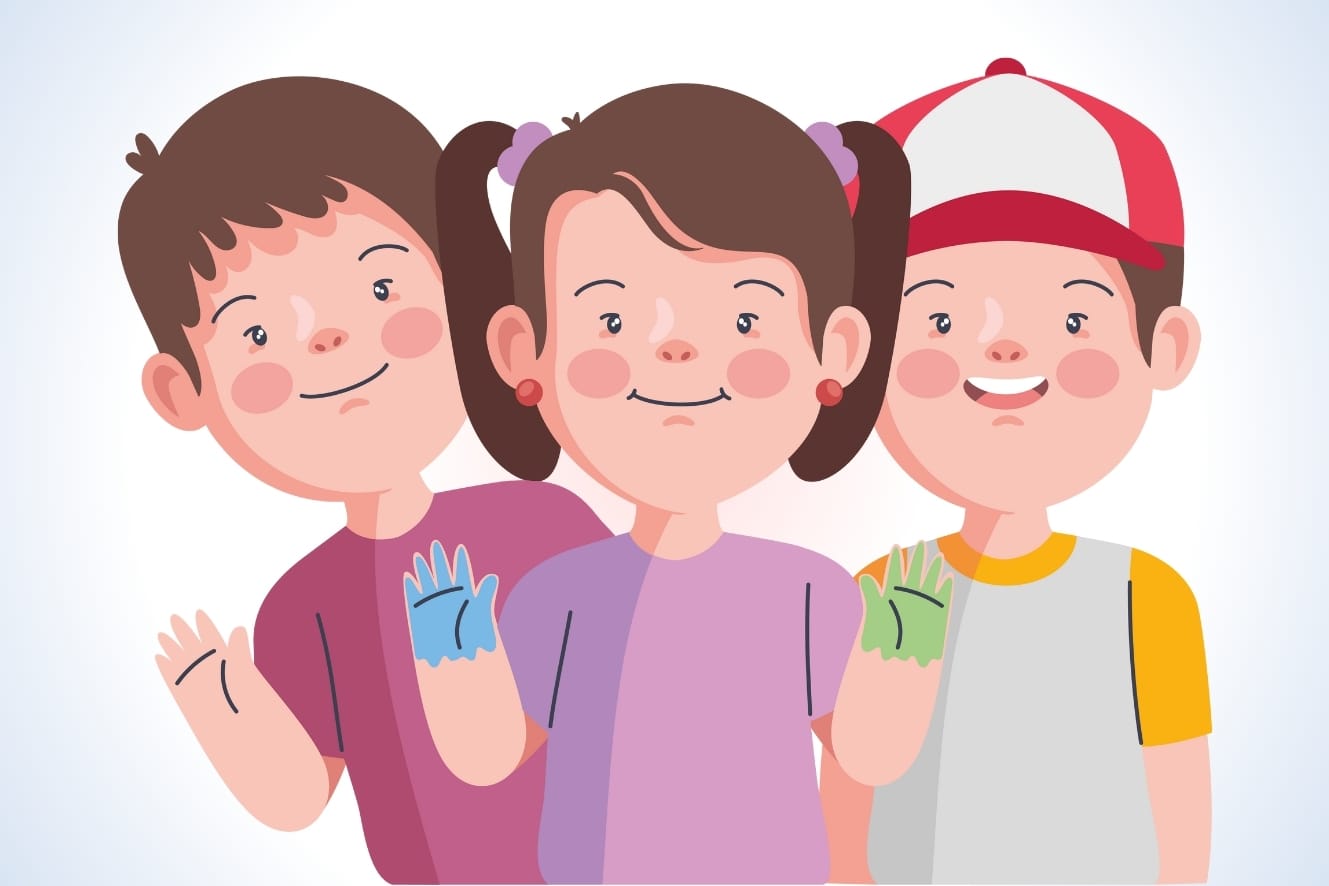
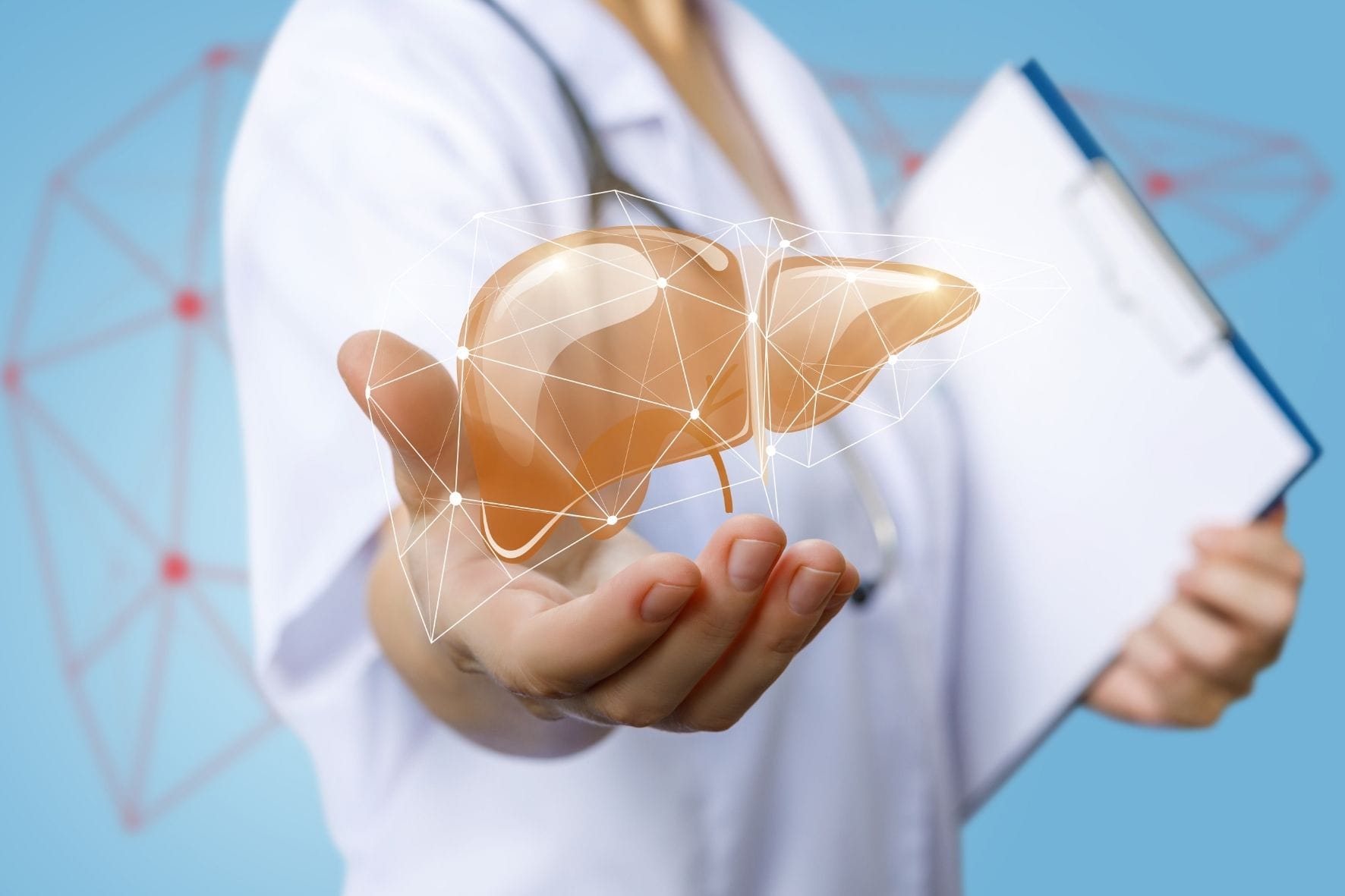
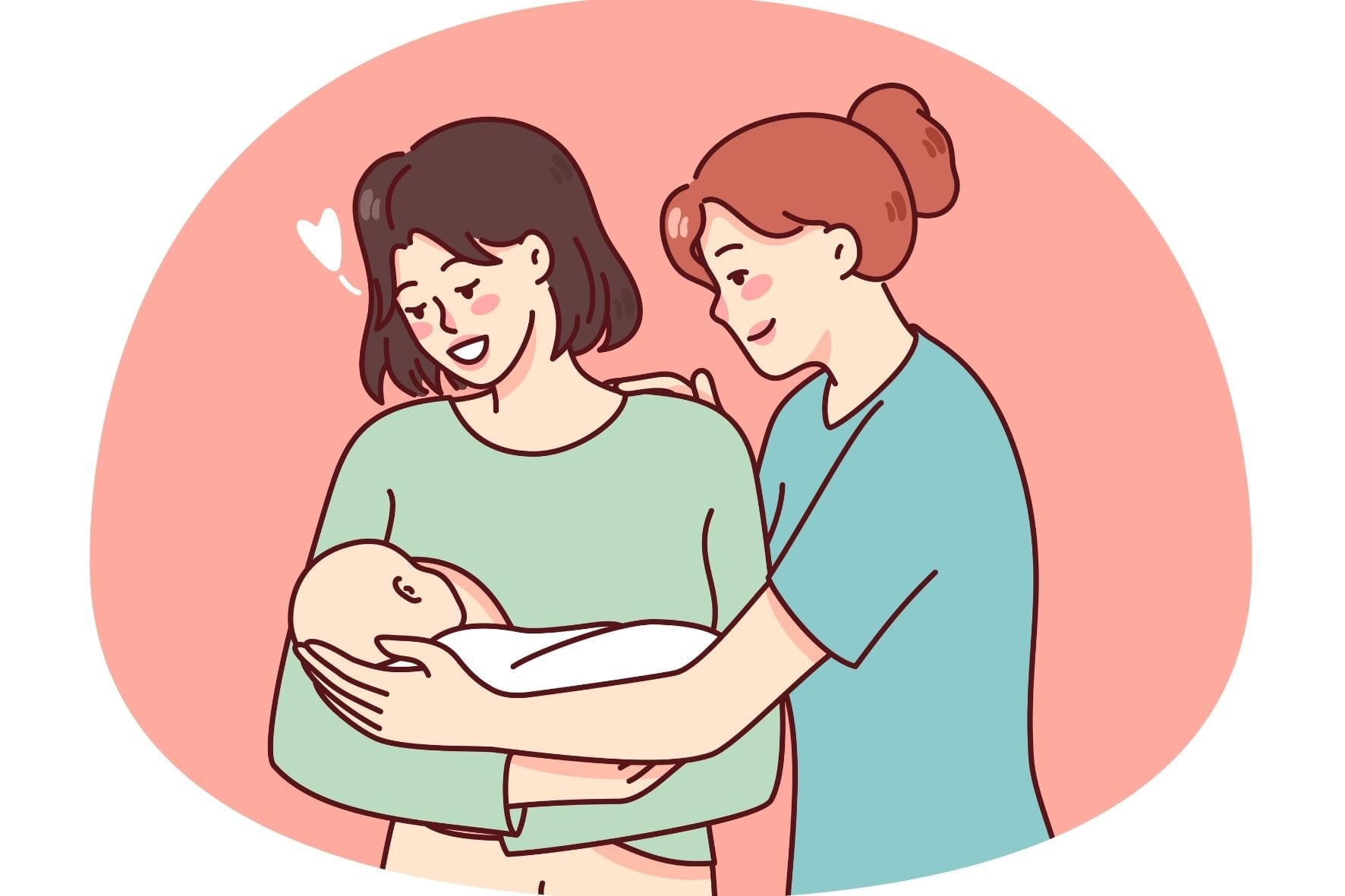

1 Comment
Informative.